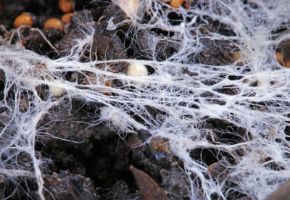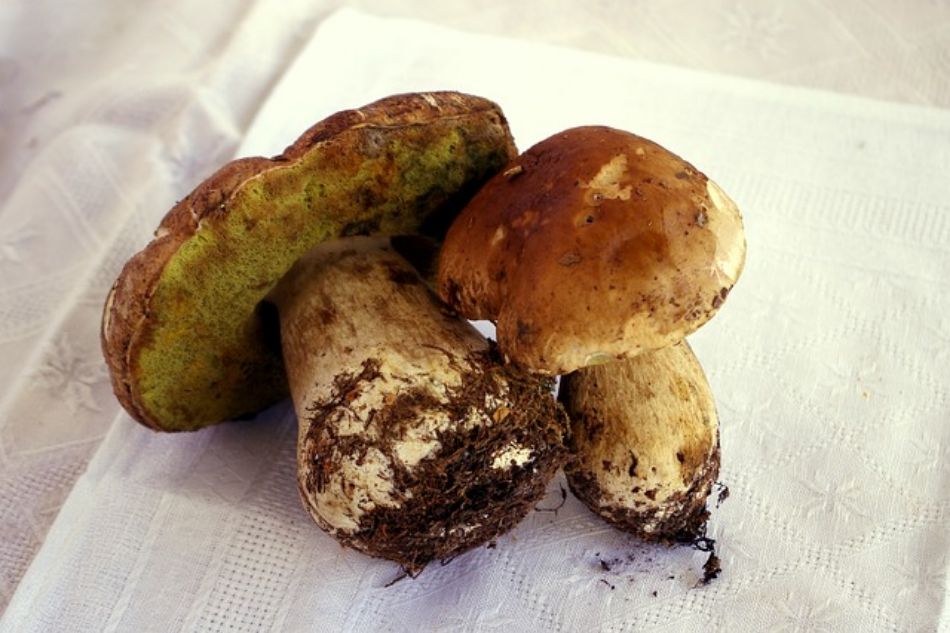Welcome to a sensory journey to discover one of the most promising beverages in the natural wellness landscape. The so-called "golden milk," an ancient Ayurvedic preparation, meets the age-old wisdom of mycotherapy, merging with the Reishi mushroom, the "mushroom of immortality." This article aims to explore every aspect of this preparation, from its historical roots to the most modern scientific studies, including detailed analyses of its components, comparative tables, a proven recipe, and considerations for home cultivation of its key ingredients.
The porcini mushroom, scientifically known as Boletus edulis, has been the undisputed king of edible mushrooms for centuries, celebrated in cuisines around the world for its unmistakable aroma and meaty texture. However, beyond its universally recognized culinary qualities, this mushroom conceals a treasure trove of beneficial properties that science is only recently beginning to uncover. In this article, we will explore in depth the extraordinary antioxidant properties of porcini mushrooms, analyzing their biochemical composition, mechanisms of action, and potential benefits for human health, supporting each claim with scientific data and research studies.
In an age characterized by a frenetic pace and constant stress, the feeling of being constantly tired has become an increasingly common condition affecting millions of people worldwide. This in-depth article scientifically explores how three specific medicinal mushrooms—Reishi, Cordyceps, and Lion's Mane—can represent a natural and effective solution to combat chronic fatigue and restore vital energy, through complex physiological mechanisms well-documented by scientific research.












